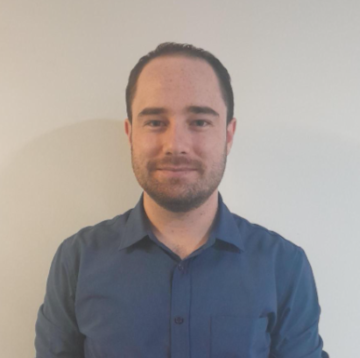During the last three decades welfare provision has become increasingly residualised supported by principles of mutual obligation and individual responsibility. Welfare recipients have been, and continue to be, constructed as behaviourally and morally deficient. By laying the blame with welfare recipients themselves, governments effectively obviate the need to do anything other than intensify an agenda of further welfare retraction. Recent findings from the Royal Commission into the Robodebt Scheme (2023) are revealing of how punitive and damaging Australian welfare arrangements can be. Guided by critical inquiry and the work of Tyler (2018, 2020) on the machinery of welfare stigma, this project examines the accounts of individuals directly impacted by the Robodebt Scheme, as evidenced in submissions to the Royal Commission. Personal accounts will be drawn together to examine how the Scheme may be understood as a form of classificatory violence from above. The project will add to a growing body of literature that recognises stigma as a purposefully crafted strategy of government that counters the depoliticisation of social suffering.
Project supervisor(s) including affiliations: Dr Sonia Martin (ACU), Dr Steve Roche (ACU)

